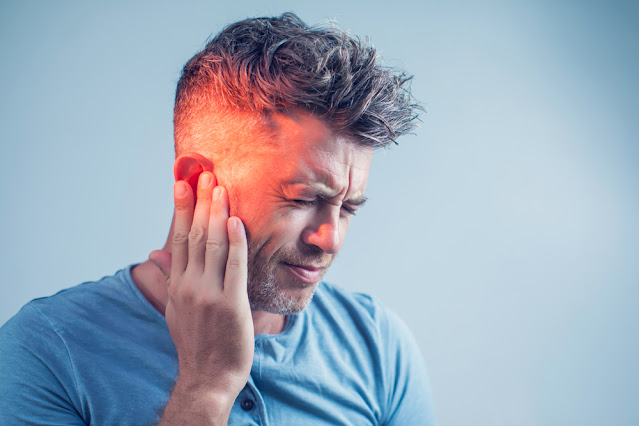Tips to Prevent Ear Infections
Ear infections like outer ear inflammation (otitis externa) and middle ear inflammation (otitis media) can be common ailments, especially in children. While this condition is usually mild, it is essential to talk to a medical expert or a pharmacist to prevent permanent damage.
According to medical research published by the London School of Hygiene & Tropical Medicine, addressing the ear and hearing problems early on can prevent hearing impairments. In addition, primary care provided by experts like Ear wax removal microsuction in Banstead or Ear microsuction in Merton can help people in England avoid irreparable damage to their hearing organs.
To help reduce the risks of severe complications due to
ear infections, you must keep the following ear care tips in mind.
How to Prevent Ear Infections
Ear problems caused by colds and flu can be unpreventable. But you can avoid infecting your ears by following ways to prevent ear infections.
Outer Ear Infection Prevention
●
Avoid sticking your fingers or cotton wool buds inside
the ears
●
Utilise a pair of earplugs or wear a swimming hat to
cover your ears while swimming.
●
Ensure to avoid getting water or shampoo inside your
ears during bath or shower
● Health conditions like allergy or eczema may affect your hearing, so have these ailments treated right away.
Middle Ear Infection Prevention
●
Avoid staying in a smoky environment
●
Ensure that your child has an updated vaccine record and
complete all the necessary vaccine doses
● Avoid giving babies a dummy once they are past six months old
How to Determine if You Have Ear Infections
Ear infection symptoms usually escalate rapidly if not treated at once. These symptoms include:
●
Ache inside the ear
●
High body temperature
●
Lethargy or feeling sick
●
Fluid discharge from the ear
●
Difficulty in hearing
●
Feeling fullness or pressure coming from the inside of
the ear
●
Irritation or itching inside or all over the ear’s exterior
parts
● Dry or scaly skin inside and outside the ears
Babies and young children may also have the following symptoms:
●
Restlessness or irritability
●
Constantly pulling or rubbing the ear
●
Difficulty in reacting to some sounds
●
No interest in eating
● Constantly losing balance
These symptoms may last for three days up to a week. But
if they persist longer, you need to talk to your GP to check for complications.
Once you confirm an ear infection, you can consult your local pharmacist to prescribe ear drops to stop the spread of fungus or bacteria in your ears.



Comments
Post a Comment